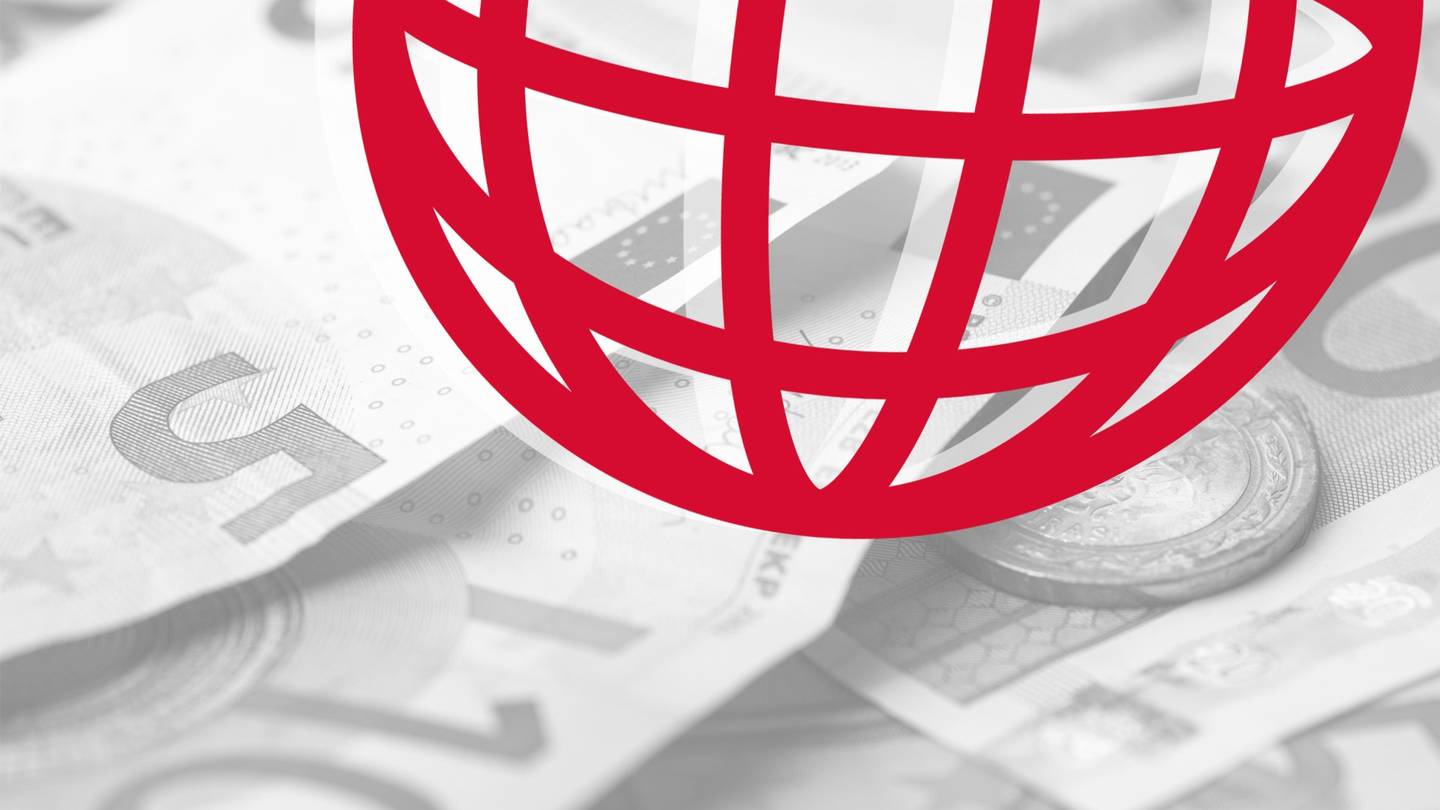
The IPE Berlin at the Berlin School of Economics & Law
The Institute for International Political Economy Berlin (IPE) is concerned with the relation between the economy and political power in a globalised world, and the social implications that this raises.
The recurrence of serious financial crises, rising social inequality and a disregard for human rights indicate that conflicts involving economic and political interests have become more acute. This raises many urgent questions about the types of political and social regulation of the economy that would be desirable. In addition, since globalisation has depended on energy generated from non-renewable fossil fuels which poses a serious threat to the global climate, international political economy must be complemented by an international political ecology.
The IPE aims to promote interdisciplinary research drawing on economics, political science and sociology to deepen our understanding of these issues, and to make the results of this research available to individuals and groups who are active in political, social and economic initiatives.
News
IPE Working Papers
- Philip Blees: Productivity Growth and Class Struggle in a Growth Regime Framework. Working Paper 254/2025.
- Tugce Kilic: Does Sectoral Diversification Matter? The Impact of Syrian Refugees on Germany's Labor Market. Working Paper 253/2025.
- Ignacio Silva Neira, Carlos Rodríguez, Jennifer Pédussel Wu: Microeconomic dynamics of FDI and local innovation: A firm level estimation of Chilean firms. Working Paper 252/2025
- Petra Dünhaupt, Helena Gräf, Valeria Jiménez, Benjamin Jungmann: Industrial Policy Space in Emerging Economies: The Case of Chile’s Lithium Industry and the Energy and Raw Materials Chapter in the EU-Chile Free Trade Agreement. Working Paper, 251/2025
- Cara Dabrowski: A Kaleckian approach to the financialization–distribution–inflation nexus: Germany and Austria in comparative perspective. Working Paper, 250/2025
- Jonathan Sidenros: Housing in the EU: The EUas a Commodifying Force. Working Paper, 249/2025
- Pia Kauer: A New Deal for the Climate? Lessons from the Inflation Reduction Act. Working Paper, 248/2025
- Guilherme Haluska, Ricardo Summa, Franklin Serrano: The bridge to stagnation: government expenditure cap, reforms and the fall in the business investment share in Brazil (2015-2022). Working Paper, 247/2025
Books
- Ulrich Brand, Markus Wissen: Kapitalismus am Limit – Öko-imperiale Spannungen, umkämpfte Krisenpolitik und solidarische Perspektiven. oekom, 2024.
- Mwilima, Harrison Kalunga: The European Union and Regional Integration in East Africa: Collective and Individual State Priorities Compared. Routledge, 2023.
- Michael Heine, Hansjörg Herr: Inflation – Lehren für heute aus Krisen von gestern, Marburg: Metropolis-Verlag, 2023
- Betzelt, Sigrid; Bode, Ingo; Parschick, Sarina; Albert, Andreas: Organisierte Zerrissenheit. Emotionsregimes und Interaktionsarbeit in Pflege und Weiterbildung. Bielefeld: Transcript Verlag (Open Access), 2023.
- Eckhard Hein: Macroeconomics after Kalecki and Keynes: Post-Keynesian Foundations, Cheltenham: Edward Elgar, 2023.
Current Research Projects
- Industrial Policy Space in Emerging Economies – The Case of Chile and the Energy Raw Materials Chapter in the EU-Chile Free Trade Agreement
- Value Chain Restructuring, Growth Regimes and Economic and Social Resilience
- PRoKita - Plural Role Conflicts and Collective Consciousness in Organised Childcare
- Growth Regime Working Group (GRWG)
- Digitalization of Value Chains in the Retail Sector
- Crisis and Socio-ecological Transformation